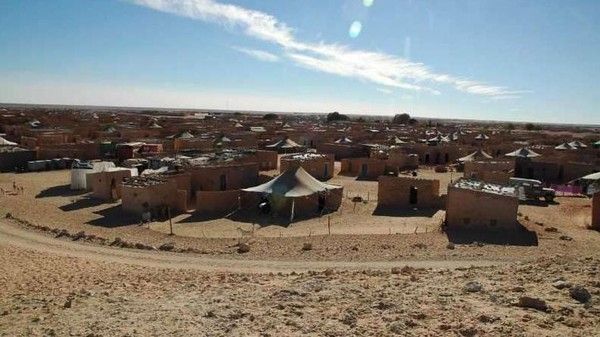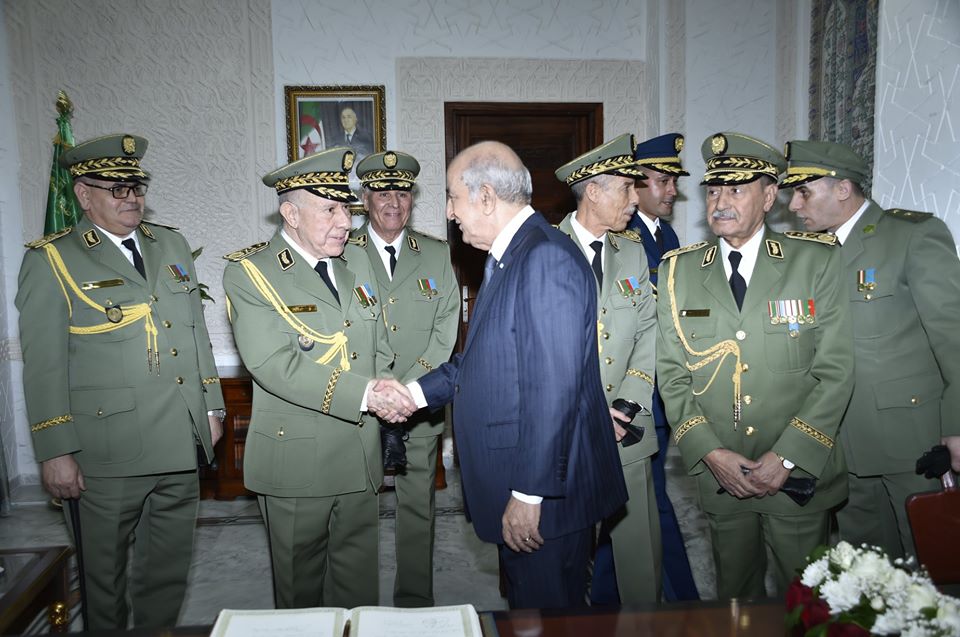 The American Heritage Foundation Think Thank which has just published its Index of Economic Freedom 2021 ranked Algeria 162nd out of the 178 countries listed and 13th among 14 countries in the Middle East and North Africa region.
The American Heritage Foundation Think Thank which has just published its Index of Economic Freedom 2021 ranked Algeria 162nd out of the 178 countries listed and 13th among 14 countries in the Middle East and North Africa region.
Algeria’s economic freedom score is 49.7, making its economy the 162nd freest in the 2021 Index, the Foundation said, adding that Algeria is ranked 13th among 14 countries in the Middle East and North Africa region, and its overall score is below the regional and world averages.
At the level of the Maghreb, Morocco takes the lead at the 81st spot, followed by Tunisia which comes 119th, Mauritania 128th, and Egypt 130th.
The Heritage Foundation classifies the economies of the countries analyzed into 5 categories, starting from the “freest” (with a score between 80 and 100), followed by “essentially free” (70-79.9), then “moderately free”. “(60-9.9),” essentially not free “(50-59.9) and finally” repressed “(0-49.9). It is in this last category that the Algerian economy has been ranked, and is positioned between Burundi (161st) and North Korea (178th) (last in the ranking).
To put the country on the path to greater economic freedom, the government needs to strengthen the judicial system and other rule-of-law institutions, the think tank report reads, adding that greater openness and increased financial freedom would improve the investment climate.
“The judiciary is generally weak, slow, and subject to political pressure. Cronyism and corruption plague the business and public sectors, especially in energy,” the Heritage Foundation stated, underlining that the government controls most real property in Algeria, and unclear titles and conflicting ownership claims make the purchase of private real estate difficult. Although secured interests in property are generally recognized and enforceable, court proceedings can be lengthy, and the results can be unpredictable.
After it pointed out that political stability has been eroded by widespread popular disillusionment with the political system and by Algeria’s weak economy, the report underlined in the regulatory efficiency chapter that starting a business, dealing with construction permits, and obtaining electricity connections have all become cheaper, but interruptions of electricity occur with slightly greater frequency.
The government, facing a steep budget deficit caused by lower oil prices, sharply reduced fuel subsidies in 2020 and since 2015, Algeria has pursued an import substitution policy, adopting protectionist measures to encourage domestic production.
The report also pointed in the open markets chapter to the fact that foreign investors are generally limited to minority status, and restrictions on foreign ownership still limit much-needed investment dynamism. Capital markets are underdeveloped, and the financial sector remains dominated by public banks.
Regarding the impact of COVID-1, the report noted that as of December 1, 2020, 2,447 deaths had been attributed to the pandemic in Algeria, and the economy was forecast to contract by 5.5 percent for the year.



